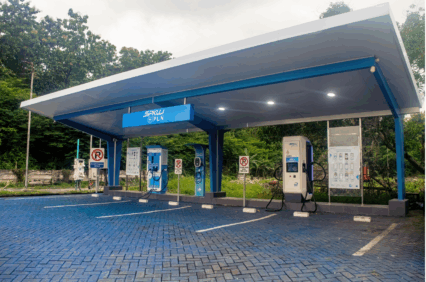Auditing Infrastructure in Indonesia: Addressing Challenges in Closing the Infrastructure Investment Gap
Infrastructure is a fundamental part of economic growth, contributing to approximately 14% of the global gross domestic product (GDP). The lack of robust infrastructure can have wide-ranging consequences, affecting societal risks such as societal polarization, health and well-being, inequality and lack of economic opportunity or unemployment. The Word Economic Forum (WEF) stated that insufficient public infrastructure ranks among the top 20 global risks. Given its significance, leveraging infrastructure is essential for fostering economic development.


